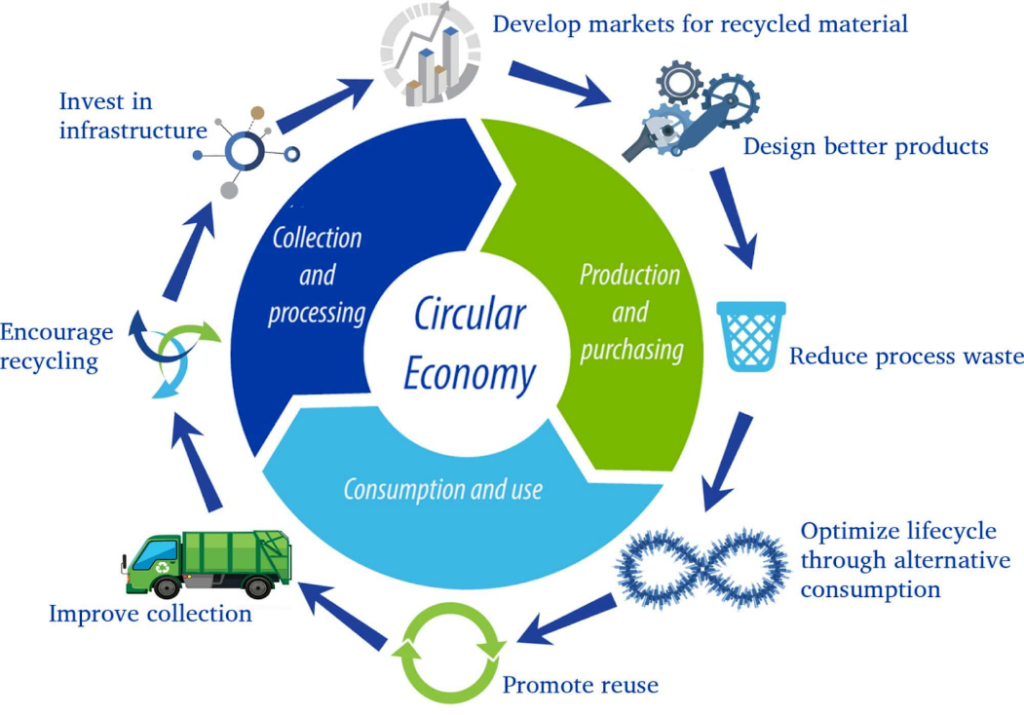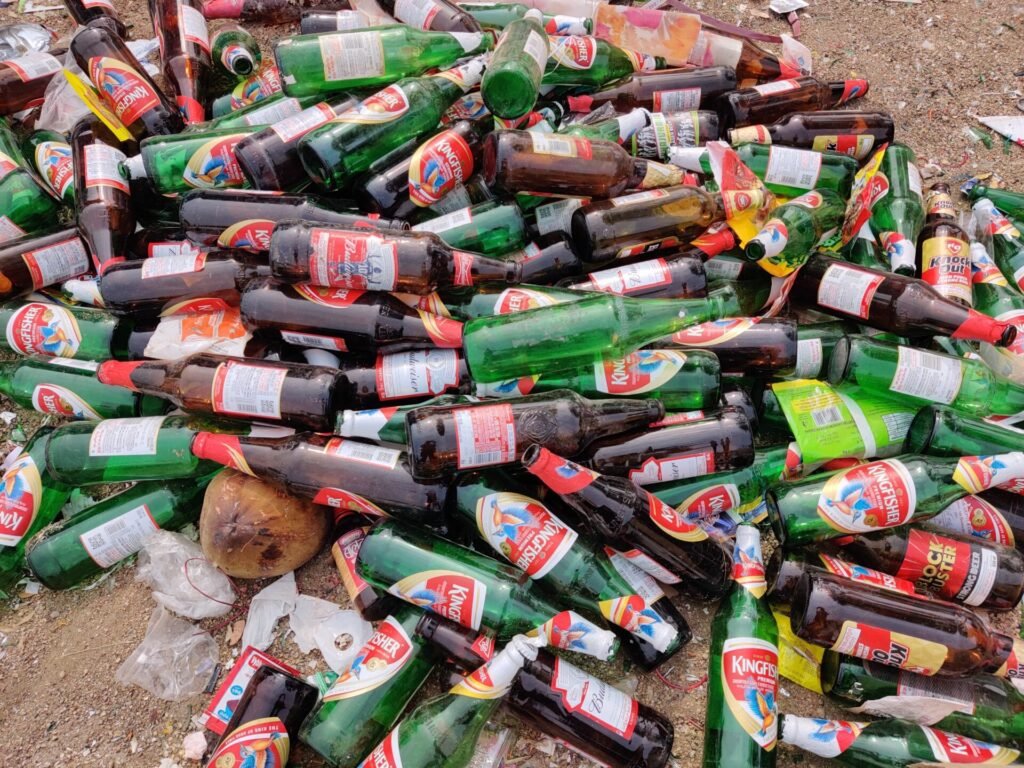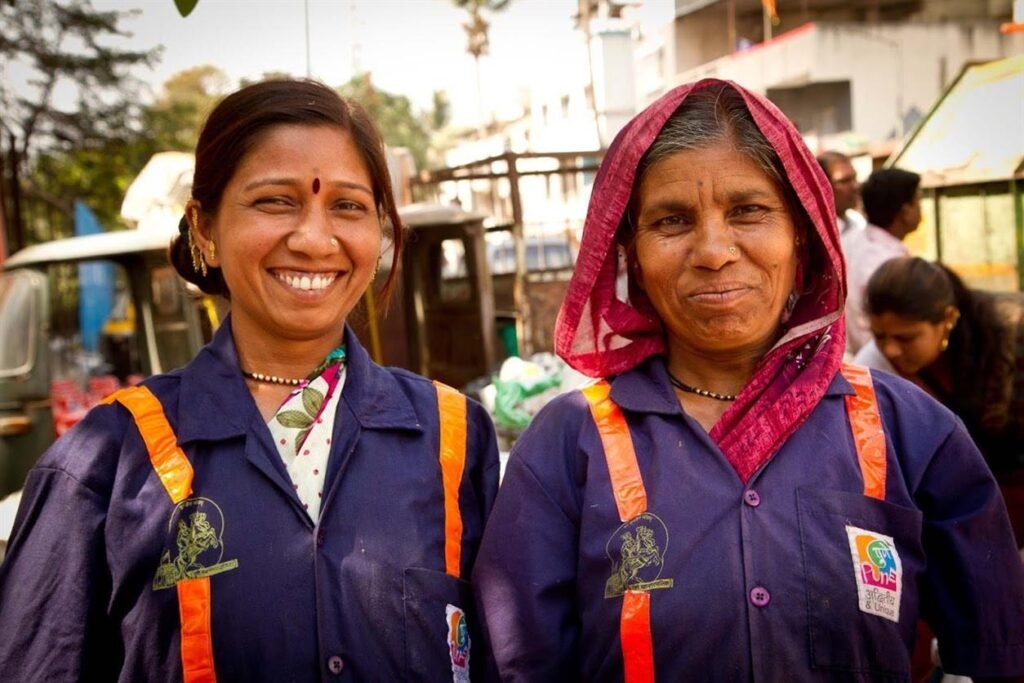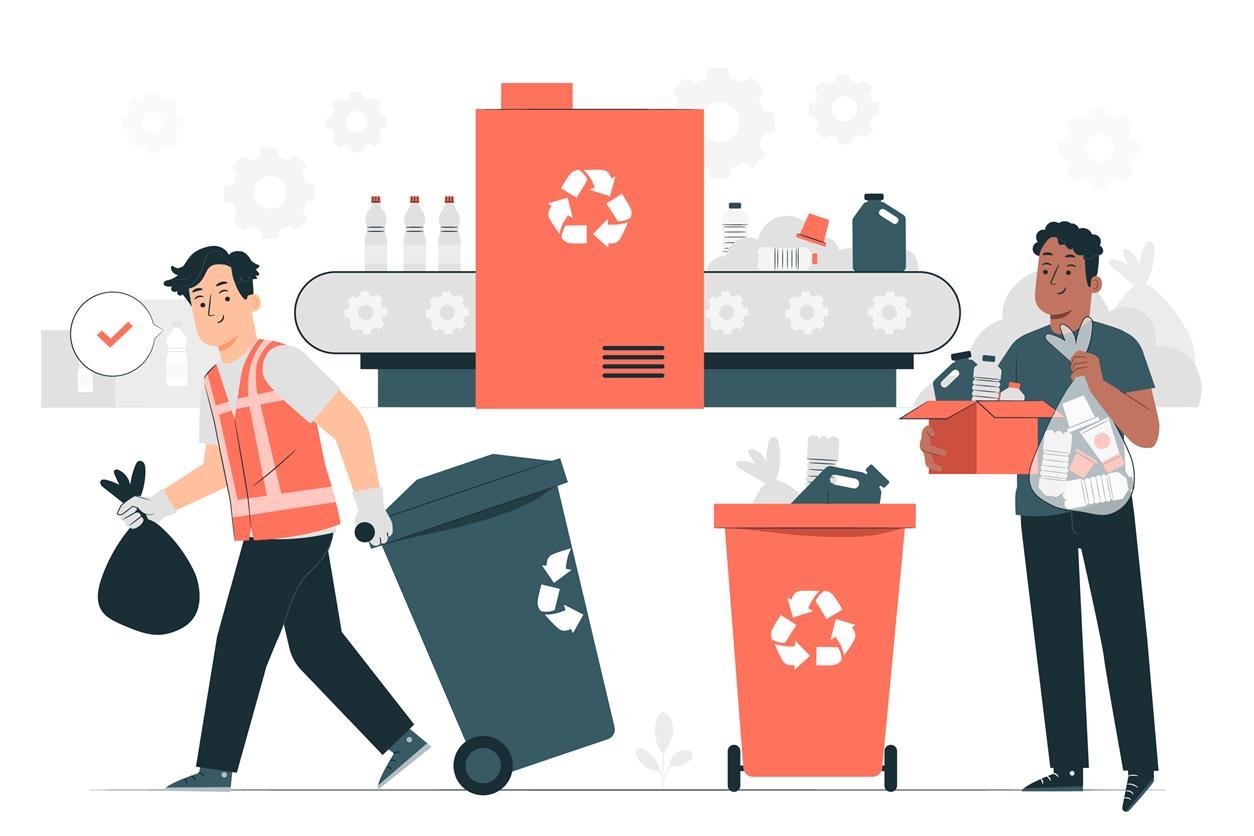Indian government has released a new set of draft rules to oversees Extended Producer Responsibility (EPR) for packaging made from paper, glass and metal as well as sanitary products. Producers, importers, and brand owners (PIBOs), including online platforms/marketplaces and supermarkets/retail chain must sign up on central portal and meet defined performance standards and abiding by environmental packaging requirements.

The draft emphasizes a circular economy by prioritizing reuse, recovery, and recycling. This initiative aims to develop environmentally friendly employment opportunities while motivating new innovations in packaging.
However, the EPR draft falls short in several crucial areas.
- Firstly, the draft fails to prioritize reuse especially for glass packaging. Only by implementing mandatory reuse targets for glass products, they can create wealth and conserve resources. Multiple lifecycle circular practices require returnable glass packaging to be made a top priority.
- Secondly, The draft document lacks clear targets to decrease packaging material despite its listed importance in the preamble. Establishing reduction targets is essential for obtaining environmental objectives.
- Thirdly, the rules require additional clarification for their targeted scope. A schedule along with a complete list of covered materials and different glass and metal packaging types should be specified. It should align with existing guidelines of Bureau of Indian Standards (BIS).

The draft needs to focus on sanitary waste management. For instance, the incomplete definition of sanitary products together with the priority for incineration methods undermine environmentally-friendly menstrual care systems and diaper solutions. The government should endorse “Draft Menstrual Hygiene Policy (MHM) 2023” which favor reusable products and sustainable waste management systems.
Furthermore, the rules should focus on accommodating the concerns of the informal waste sector with a emphasis on waste pickers. The draft fails to recognize and address the essential role these individuals perform in waste collection and recycling.

This draft gives a chance to develop a circular economy. However, effective implementation of these rules alongside achievement of environmental objectives depends on resolving current issues concerning reuse, reduction targets, role of informal sectors and the proper management of sanitary waste.
Reference- Break Free From Plastic Newsletter, Press Information Bureau, Down To Earth, Citizen Matters







